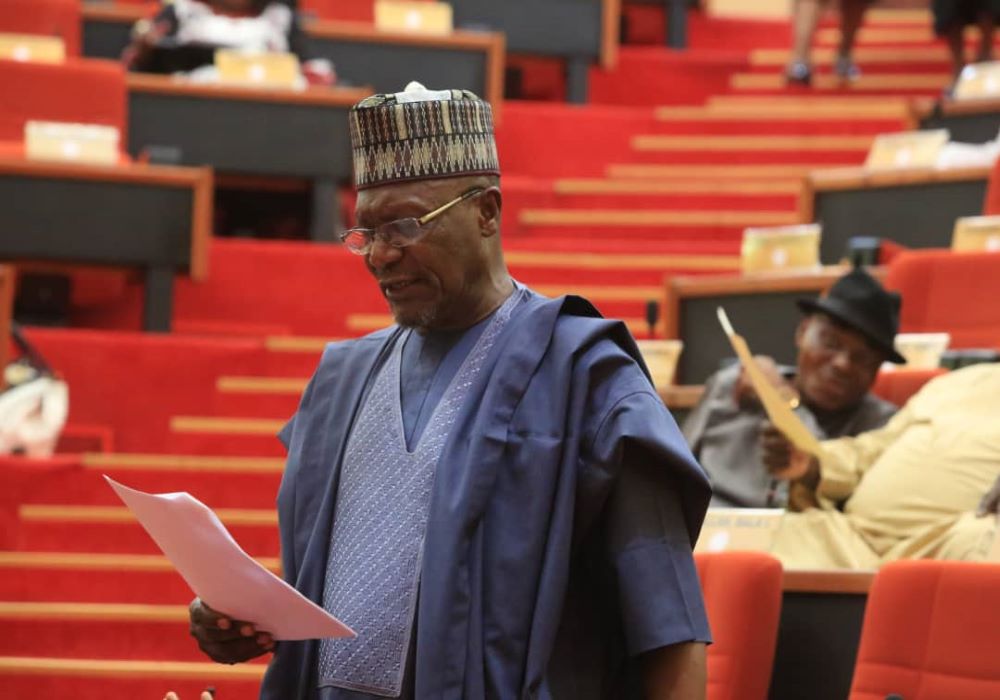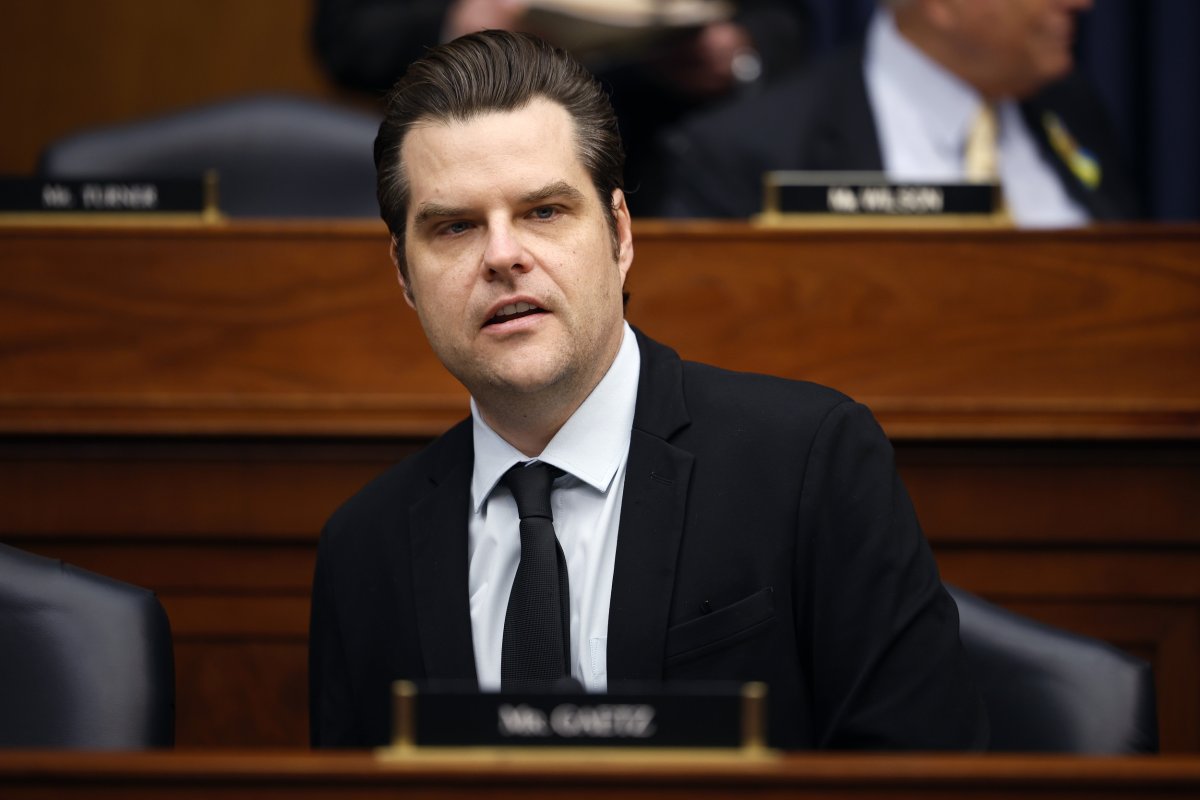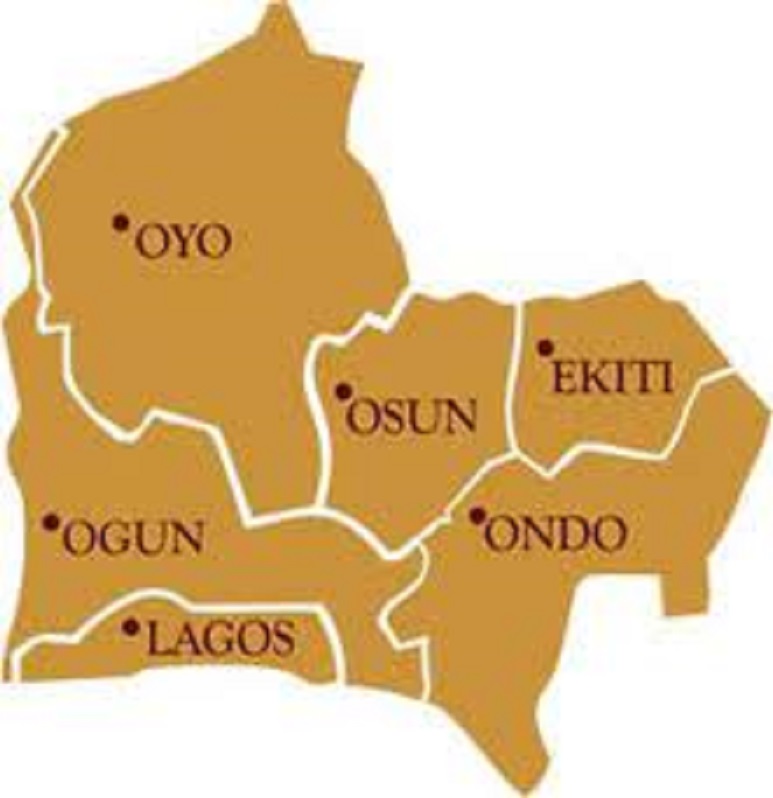Politics
Misuse of Consensus: Senator Abdullahi says Direct primary mode is best for delegates selection

By John Danjuma
Former Senate leader and Senator representing Kebbi North Yahaya Abdullahi has asked for an amendment in the Electoral Act 2022 to revert to the Direct Primary mode the National assembly earlier adopted going by widely reported misuse of the consensus mode during the recently held primaries
Lawmakers had slammed the mandatory use of direct primaries on all political parties in the electoral bill, however, President Muhammadu Buhari declined to sign the bill until it was amended to include, indirect and consensus modes.
However, during the primary election held recently, the Governors still had the field day as there was alleged misuse of the consensus primary mode for their selfish interests to the detriment of the lawmakers.
Hence more than 70% of the lawmakers lost out to the power play with their governors of which Senator Abdullahi was a victim leading to defections from the ruling APC to opposition political parties.
Coming under order 41 of the senate standing order as amended the former senate leader raised a matter of urgent national importance saying,
“Our recent nasty experience of the misuse of consensus and delegate system has vindicated our earlier position on the merit of direct primaries provided a verifiable membership of the register of political parties is kept simultaneously at the ward level and with INEC with all necessary safeguard against corruption and data manipulation put in place.
Read Also >> Ekweremadu: NDPB Seeks Probe Into Alleged Breach Of Citizens’ Data Privacy
“Secondly, we still as a national assembly have a major outstanding matter that remains, that is we have to after the 2023 election, study the entire implementation process of what had happened so that we might have to revert to our earlier stance on direct primaries.
“We have the responsibility in this 9th assembly that as the political process towards 2023 unfolds the national assembly needs to be observant of the loopholes and weaknesses of the 2022 electoral act so that a comprehensive assessment can be undertaken to provide adequate grounds for making amendments to the act before the end of the 9th National Assembly.”
On the recent judgment by the Supreme Court over section 84(12) of the electoral Act 2022, he said,
“I rise to congratulate the 9th National Assembly for resisting the pressure from the executive arm of government to amend section 82(12) of the electoral act 2022.
“I also want to congratulate the Supreme court for the clarity, decisiveness, and the unanimity of its verdict in upholding the separation of powers principle as enshrined in the 1999 constitution.
“I also want to congratulate Nigerians for this major victory in our match to true democratic governance anchored on the rule of law.
“My view is that the supreme court judgment should be celebrated for two reasons:: the first one is that it restored the power of law-making in the national assembly.
“The second one is that it established a principle that once a President assents to a bill, he or she can not appropriate and reprobate. He or she can not go to court to amend or reject the bill in part or in whole.
“This is a major principle that has emerged from this particular judgment.
President of the Senate, Ahmad Lawan said that efforts will be made by the National Assembly to amend the electoral act to serve as a safeguard against weaknesses identified in the law.
Lawan, in his remark, described the judgment by the Supreme Court on Section 84(12) of the Electoral Act as a “landmark” judgment that vindicates the National Assembly.
According to him, further amendments to the Act would strengthen it ahead of the 2023 general elections.
He said, “Let me say that this is one major landmark judgment by the Supreme Court, that the National Assembly had done their job and the court upheld it
“The idea of what method of primaries should be adopted at the moment is entirely left for the political parties to decide.
“But as we implement the electoral act 2022, we are supposed to be very observant of the strengths and weaknesses of the law.
“This law is supposed to improve the electoral processes and procedures in our country.
“So, it is for us to ensure that where there are weaknesses, we try to come up with measures, and amendments to deal with the issues of weaknesses in the law.
“And, I’m sure it will come full circle when the 2023 elections are held.
“I have no doubt in my mind that all of us in the National Assembly, not only in the Senate but in the House as well, feel that we must do everything and everything possible to make this electoral act serve the purpose for which it was passed and assented to.
“Therefore, I believe that we should work tirelessly to take note of those areas that we feel are not strong enough – that are weak points in the law – with a view to strengthening them before we finally take our exit in 2023.”
Politics
Gaetz Withdraws From Trumps Cabinet Nomination

Following his observations that ‘the momentum was strong’ Matt Gaetz whom 47th POTUS elect, Donald Trump nominated for Attorney General has withdrawn.
Biztellers reports that this follows his meeting with Senate and the feedback, which included two women, represented by their attorneys, who accused him of having paid for sex.
Consequently, Gaetz placed on record his full commitment to seeing “that Donald J. Trump is the most successful President in history.”
His withdrawal according his statement on micro-blogging site, X, was based on his conviction that “There is no time to waste on a needlessly protracted Washington scuffle”.
ALSO READ: Trump Taps 27-Year-Old Karoline Leavitt As New White House Spokesperson
In is view, “Trump’s DOJ must be in place and ready on Day 1”.
Gaetz wrote, “I had excellent meetings with Senators yesterday. I appreciate their thoughtful feedback – and the incredible support of so many. While the momentum was strong, it is clear that my confirmation was unfairly becoming a distraction to the critical work of the Trump/Vance Transition. There is no time to waste on a needlessly protracted Washington scuffle, thus I’ll be withdrawing my name from consideration to serve as Attorney General. Trump’s DOJ must be in place and ready on Day 1.
“I remain fully committed to see that Donald J. Trump is the most successful President in history. I will forever be honored that President Trump nominated me to lead the Department of Justice and I’m certain he will Save America.”
His backers have promptly encouraged to take his seat in the House of Representatives, having been elected to the house under the flag of the Republicans to represent Florida.
Politics
Adeleke Represents SW On Ad Hoc Committee on Nat’l Electrification Plan

The Executive Governors from Nigeria’s South West have unanimously nominated Senator Ademola Adeleke as the chairman of the zone on the National Economic Council (NEC).
Adeleke is the Executive Governor of Osun State, southwest, Nigeria.
This, according to the Spokesperson to Governor Adeleke, Olawale Rasheed, transpired on Thursday, at a meeting of the NEC.
ALSO READ: Adeleke Flaunts Local Content Records, Industrialisation Progress
He noted that the meeting reviewed the state of Nigeria’s electricity sector and resolved to engage subnational structures to address current challenges in the sector.
“The meeting particularly sought to build on the devolution of the electricity sector and its movement into the concurrent legislative list which empowers state governments to regulate the sector in their respective areas,” he stated.
Consequently, the NEC, therefore set up an ad hoc committee to review actions in the sector by state governments and explore ways to ramp up activities through coordination, Rasheed highlighted.
The full list of members of NEC’s Ad-hoc Committee on National Electrification:
- Governor of Cross Rivers State, Bassey Out – Chairman, South-South
- Governor of Katsina State, Mallam Dikko Umaru Radda – Chairman, North-West
- Governor of Gombe State, Muhammadu Inuwa Yahaya – Chairman, North-East
- Governor of Osun State, Senator Ademola Adeleke – Chairman, South-West
- Governor of Imo State, Senator Hope Uzodinma – Chairman, South-East
- Governor of Plateau State, Barr. Caleb Mutfwang – Chairman, North-Central
- Hon. Minister of Finance, Wale Edun
- Hon. Minister of Budget and National Planning, Atiku Bagudu
- Special Adviser, NEC and Climate Change, Rukaiya El-Rufai
- Special Adviser, Power Minister, Hon. Bolaji Tunji
- MD/CEO Rural Electrification Agency, Abba Aliyu
- MD/CEO Niger Delta Power Holding Company, Jennifer Adighije
- Chairman, Nigeria Governors Forum, AbdulRahman AbdulRazak
- NEC Secretariat
Politics
ACF Pledges Support For Northern Presidential Candidates Ahead Of 2027 Elections
The Arewa Consultative Forum (ACF) has announced its decision to back Northern candidates in the 2027 general elections, citing the urgent need to address the worsening socio-economic and security challenges facing the region.
In a communique issued after its National Executive Council meeting in Kaduna on Wednesday, the forum expressed deep concern over the economic state of Northern Nigeria under President Bola Ahmed Tinubu’s administration, attributing the region’s struggles to flawed governance and poor policy decisions.
READ MORE: JUST IN: FG Dissolves Nnamdi Azikiwe University Governing Council, Removes VC
The ACF criticized the Federal Government’s economic policies, describing them as detrimental to the livelihoods of Northern citizens.
According to the communique, signed by the forum’s National Publicity Secretary, Professor Tukur Muhammad-Baba, the policies have compounded the already dire economic conditions in the region.
The statement reads, “Arewa people remain at a great disadvantage, being already worse off economically compared to other parts of Nigeria. While economic reforms are indeed desirable, they should not impoverish the same people they are meant to serve. Policies must have a human face.”
The forum noted that the North faces chronic food insecurity, limited educational and vocational opportunities for youth, and a heavy reliance on small-scale economic activities.
“Livelihoods are currently dependent on micro activities. The region faces acute and chronic food insecurity; its youths lack education and skills training. Daunting as these may be, they can be reversed. The time to think big is now,” the communique emphasized.
The ACF also addressed the pervasive insecurity in the North, warning that the situation has begun to erode public confidence in the government.
“Security is an irreducible minimum of human existence. In this regard, insecurity in its various manifestations remains the most worrisome challenge of Arewa people, that has even started to corrosively undermine the authority of government,” the forum stated.
It condemned the government’s response to the crisis, arguing that the Federal Government has failed to meet its primary duty of safeguarding lives and property.
“That those whose responsibility it is to provide security will be saying they are doing their best is unacceptable,” the communique said. “The minimum duty of government is to safeguard life and property, and doing anything less is a failure.”
The ACF faulted what it described as the “flawed leadership selection process” under the Tinubu administration, claiming it has elevated individuals without the requisite competence or experience to key positions.
It urged the Federal Government to “review, reassess, reevaluate, and re-order the direction of its economic policies with a view to giving it the needed human face.”
Looking ahead to the next general elections, the ACF pledged its support for Northern politicians who demonstrate a clear commitment to addressing the region’s challenges and fostering national development.
“Notwithstanding the parlous state of Arewa’s glaring economic conditions, the policies of the current Federal Government have continued to make matters much worse,” the communique stated.












